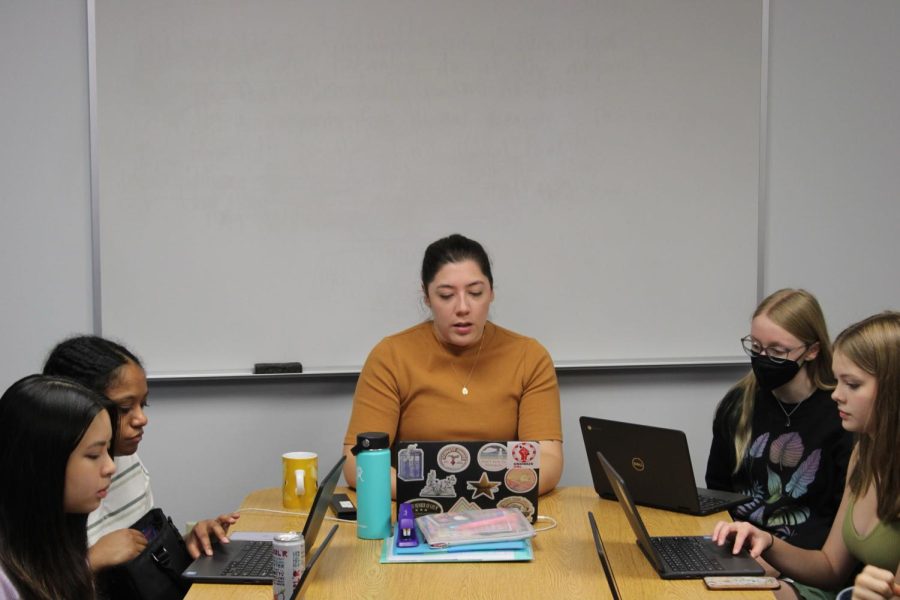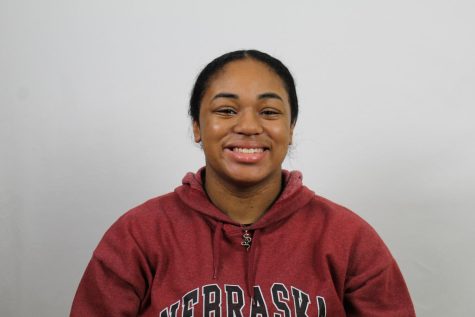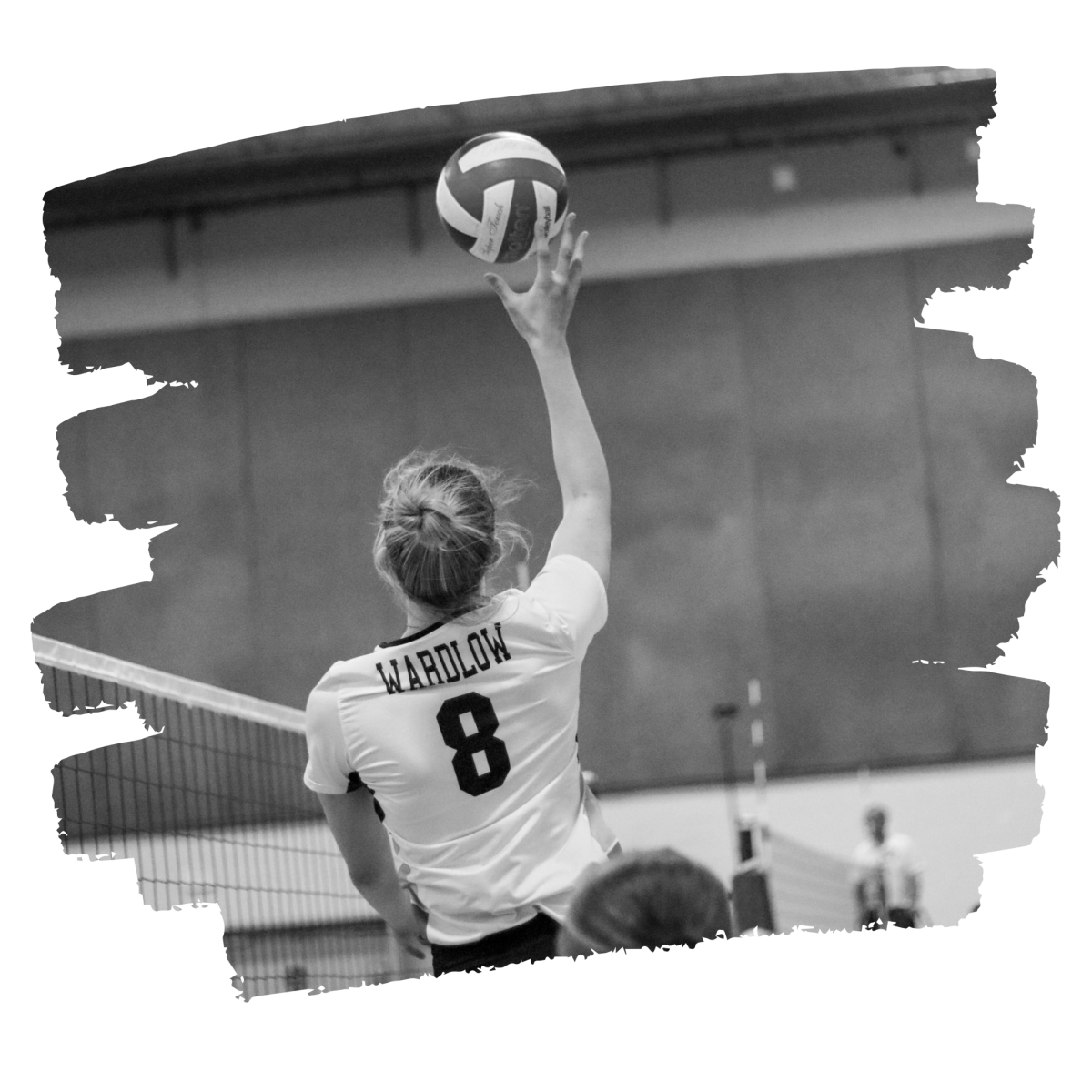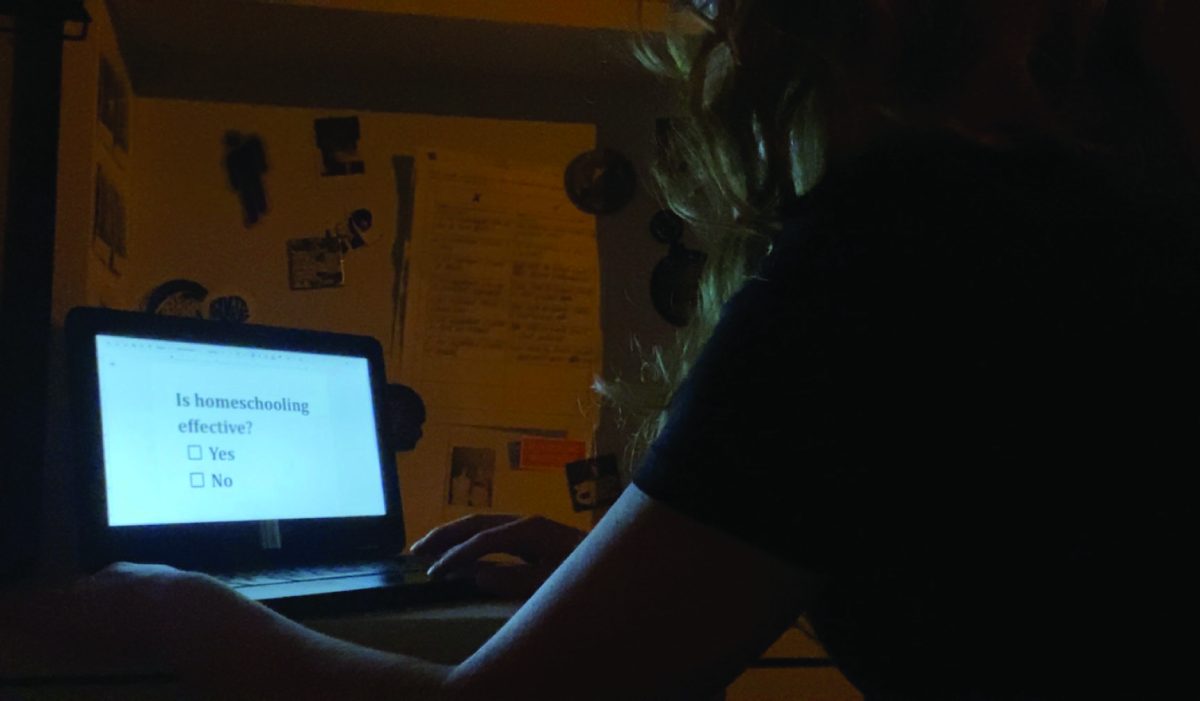New LSE group aims to make an impact through research
YPAR challenges what it means to be a real researcher
Adriana Martinez with her YPAR researchers during club day.
October 18, 2022
Throughout the years, different LSE clubs and groups have worked toward one common goal – creating an environment for students where they feel safe and included. Groups such as Feminist Club, Sexuality and Gender Acceptance Club, Hope Squad, Multicultural Club, Equity Cadre and more have come together to consider what changes could be made to create safe spaces for all. This year, a new group will strive for the same goal, while also allowing for students to conduct hands-on research about pressing issues in their communities.
Youth Participatory Action Research, otherwise known as YPAR, is described by Dr. Amanda Morales, a University of Nebraska-Lincoln educator and researcher, as “a program that provides youth the opportunity to explore education pathways, to investigate problems affecting their education and communities, and to generate solutions bringing about social transformation”.
YPAR allows for students to be seen as valuable researchers, when the typical image of a researcher is not youth. The goal behind YPAR is to allow for students to identify the gaps and issues in their communities, gather information and present action steps or solutions to those who have the power to make changes.
According to the group’s sponsor and English teacher Adrianna Martinez, YPAR pushes back at traditional forms of research in that it questions who can be a researcher and who holds knowledge.
“Oftentimes, when people think of researchers they think of academics or scientists who are studying a community they’re not directly part of,” Martinez explained. “Participatory Action Research (PAR) and YPAR challenge that form of research and emphasize that research is in the hands of the community. PAR and YPAR argue that any given community is best positioned to identify its own needs and areas of growth and conduct research in order to address those needs.”
Nearing the end of the last academic school year (2021-2022) Martinez presented her idea of bringing YPAR into LSE to the administrative team.
The initial inspiration for this idea came after Martinez took a class taught by Dr. Ricardo Martinez, a professor and researcher. Impressed by the work he had already done locally Martinez wanted to provide LSE students the voice that YPAR had to offer.
“As a result of Adi taking Pardo’s class and hearing more about it, she’s like, I’m gonna do that…And so she’s really the one that’s taken the initiative, to move it forward within LPS and in a larger capacity,” Dr. Morales said.
As Martinez has been very involved with equity in LSE over the past few years, she finds that the values of YPAR would enhance student involvement and building community while also providing students with the tools needed to be successful in higher education.
“In the most ideal form, students who are involved will have a hand in continuing to strengthen LSE’s equitable goals, as well as LPS’s. Students who are not directly involved would ideally benefit from this work,” Martinez said.
YPAR however, has a broader impact than just LSE or LPS. Dr. Morales, spoke about the volume that YPAR and similar programs hold. Across Lincoln, programs such as YPAR and AVID – a group that works to introduce all students to honors or advanced classes, are allowing for student voices to be shared across the district, in more than just high schools, but also expanding to middle schools. With the implementations of programs as these across LPS, Dr. Morales is hopeful to see the positive impact that will result.
“I think these programs are cool, because who knows these communities better than the, or the schools better than the kids who are in them,” Dr. Morales said.
With YPAR being implemented in LSE, it is important to note that this is not replacing in any way the work that students have already begun. Groups such as Equity Cadre and Multicultural Club are still in place in addition to adding YPAR.
“YPAR is a natural progression of all the important work LSE youth have already been doing. Students now have another opportunity to merge their passions with community advocacy,” Martinez said.
Students who choose to participate in YPAR are taught valuable research skills and encouraged to create positive relationships with adults throughout the building, or the community. Students will also learn to advocate for themselves and the issues they find the most pressing in their communities. A large part of YPAR is allowing students to find and relay crucial information to those who are community stakeholders.
“Students who choose to participate in YPAR are students who already care about their community and want to find ways to be more active and thoughtful in how they participate. My role is to be a co-researcher and a student support as they develop ethical research skills. YPAR isn’t something I run, per say; it’s something students run and I cheer them on. To say it another way, I am merely Gandalf while the students are the Company of the Ring on the way to Mt Doom to save the world,” Martinez said.










